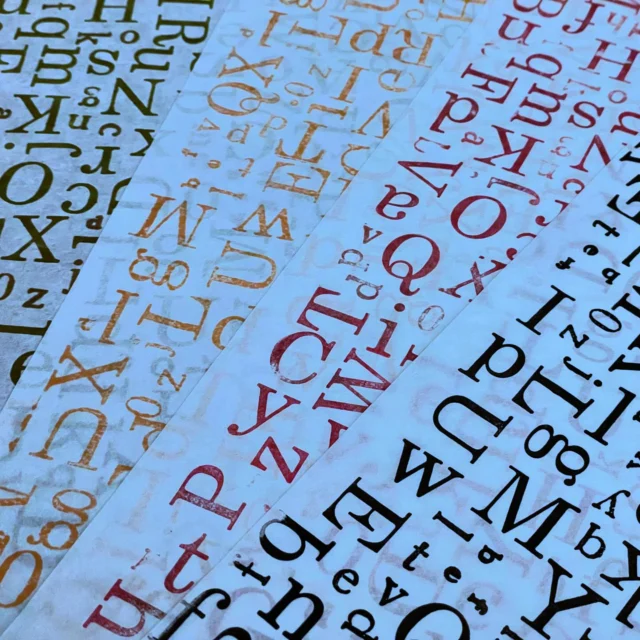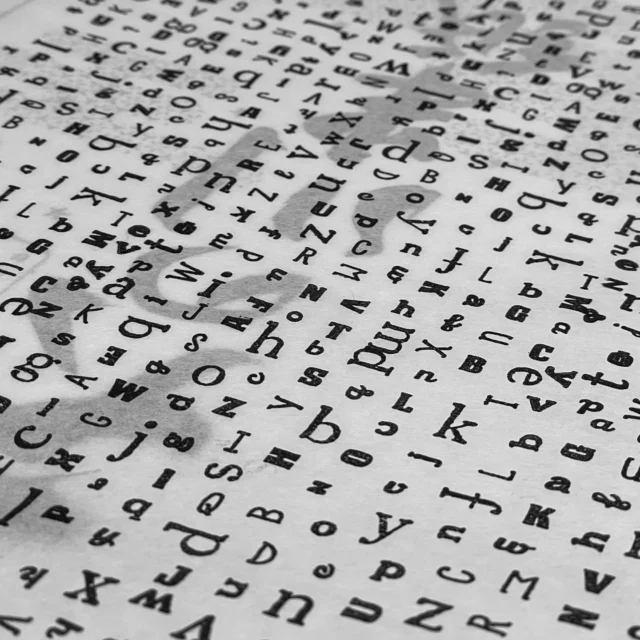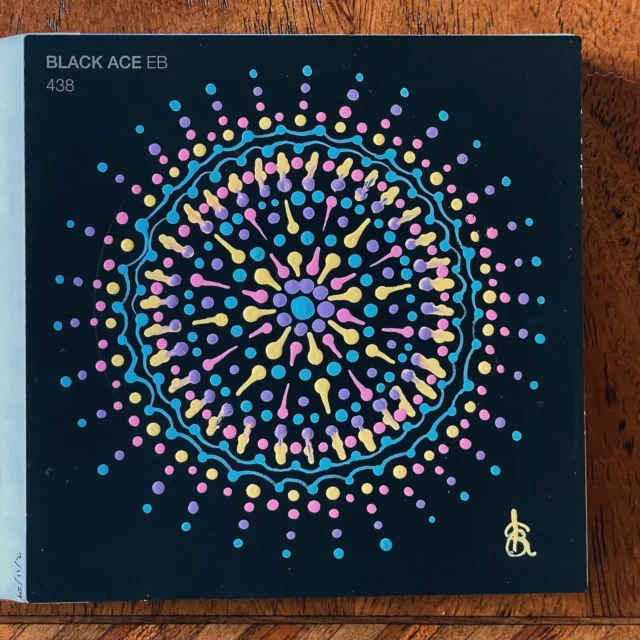A limited view of science
What do you think science is?
At dinner last night one of our lab demonstrators, who has a BSc (Honours), claimed that he got into science because he wanted to prolong life. Quality life, not life plagued with alzheimers, for example. Somewhere in his speech about long-life, money management and a drastic change in society he said that he thought that prolonging life is what science is about.
In a discussion about science and god someone said to me “if something cannot be proven to exist, if something cannot be observed (directly or indirectly) … it doesn’t exist”. He seemed to think that science was some kind of absolute.
I’ve never thought of science in either of these ways. To me it is simply exploration. Science asks “Why?” Not an existential kind of why, more of a how kind of why. Why does the electron transport chain create an electron gradient? So we can make energy! Why does potassium pretty much explode when it hits water?
Broadening our horizons
Being fairly informed yet young in the field I’ve had a look at what others have said.
Wikipedia tells us the origins of the word science came from the latin scientia, knowledge (and also the name of a building UNSW :P). That’s a start. Knowledge in itself has no real purpose except to be known. There’s no assumption of motive, for people to live longer or cure disease or anything else.
Part of a university course reading gave an exposition of what science isn’t. Overall, an excellent summary of what science isn’t and in comparison what it is.
Science is not technology didn’t sit quite right with me. However I think I see where they’re coming from. “People doing science often use sophisticated technology, but science doesn’t require it.” That’s true, without the original scientists and philosophers we couldn’t have gained the knowledge to create new technologies (the way we know things know at least). Just as science isn’t the pursuit of long-life it’s not the pursuit of technology, but it’s so intrinsic to engineering and technology that I don’t think the distinction needs to be emphatically stated.
I don’t necessarily agree there’s no “extent to which knowledge changes through time” or “extent to which future changes in knowledge are expected by user” in religion. Of course generalisations can’t apply to everyone, there have been plenty of noteable religious people that have been stubborn and earnt this stigma.
The American Physical Society has a short defintion, which exemplifies that science isn’t infallible truth or the sum of all existence.
The success and credibility of science are anchored in the willingness of scientists to: Abandon or modify previously accepted conclusions when confronted with more complete or reliable experimental or observational evidence.
Obviously, in the pursuit of knowledge, denying the existence of anything that you haven’t observed is absurd. If that had been a part of scientific method we would be decades, perhaps centuries behind the knowledge we have now (they couldn’t see DNA when they thought of genetic material).
This essay is so throughly constructed that I have little to say expect “Read it!” Some of my favourite quotes:
It means is that scientific education for the masses will do little good, and probably a lot of harm, if it simply boils down to more physics, more chemistry, more biology, etc., to the detriment of literature and history…
The idea that science means a way of looking at the world, and not simply a body of knowledge, is in practice strongly resisted.
At the moment, science is on the upgrade, and so we hear, quite rightly, the claim that the masses should be scientifically educated: we do not hear, as we ought, the counter-claim that the scientists themselves would benefit by a little education.
I highly appreciate MusEditions’ thought process about what science may be. Including, “So, “knowledge†is not a set-in-concrete concept, either.”
Free your mind
There may be many people that have a balanced view of life, science and arts. There are many more that have such a limited view of science that their science becomes almost dogmatic.
“There must be no barriers for freedom of inquiry. There is no place for dogma in science. The scientist is free, and must be free to ask any question, to doubt any assertion, to seek for any evidence, to correct any errors.” – J. Robert Oppenheimer
So I ask again, what do you think science is? Does it mean anything to you? How has it affected your philosophies?









I’ve always thought as Science asking How questions. How does this happen? How did this get here? Sometimes these questions might be phrased as “Why did this get here?” But the answer from what I have done is not telling my why something occurs, but rather how it occurs.
Good points, Kristen. Have a read too about Thomas Huxley – http://en.wikipedia.org/wiki/Thomas_Henry_Huxley. He coined the term “agnosticism” and had quite a lot to say about what science is and isn’t, especially when arguing against organised religion.
For mine, science is a process of inquiry by which people investigate their world. This is fine, however the conclusions which are drawn often go way beyond that which is investigated and enters the realm of speculation.
.e
David, that’s probably a fair distinction. I want to say in some things how and why might be the same thing, but I can’t think of a solid example! Perhaps the reason we have ocean tides is the same to the how (relation to the moon and all that), where as why a cell moves (to find nutrients or escape danger) isn’t the same as how (cytoskeletal proteins etc).
Edwin, I agree with that last bit. That is part of the reason that the second conversation I mentioned seemed to include such limited views. They claimed that things had to be able to be proven by science and that there is no faith in science. There is faith in science; to trust your observations and trust that your reasoning is correct. You also have to trust that the knowledge you build upon is correct and that people report things truthfully.
You might want to look into fixing your form’s error handling. I just wrote up a comment that took some time to write and edit – but it is now lost because I didn’t enter an email address. The usual behaviour of pressing the back button and the form contents still being there is broken for some reason.
To summarise what I said though, I feel you have misquoted me. Our original discussion was in regards to religion vs. science. In the context of asking what science is in general, I would have elaborated to include ‘…it doesn’t exist – until such time where human knowledge enables it to be observed.’
Go back to the Old Testament days (or even ask a Christian fundamentalist) how the sun and the moon rise and fall and they are likely to give you a superstitious answer. Ask an astronaut however, and they’ll tell you what they actually saw. That was my original point about education and religion. Yes, science can’t stop people believing in made up things if they want to – but it gives them less rational reasons to do so. And if there are no rational reasons… well, what is there? 🙂
Sorry you feel misquoted. However, even with your qualification I disagree. That simply means that we don’t know it’s there – I guess it’s a bit of a paradox because if we don’t know about something it might as well not exist for us, but to ignore the possibility of a wider truth than your own leads to ignorance that history has shown up and will lead to bad things in the future too. My point in this post is that you just can’t qualify the possibility of knowledge.
In believing “made up stuff” I’m afraid there’s a lot more reasons than how things work, which I believe has been my point this whole time, science and religion are different. Evidence of that is Frank Morison and Lee Strobel. The first went out to actively prove the resurrection can’t be true, the second was an atheist whose wife became a Christian and went to investigate, in great detail, what it was about – both came back Christians.
Sorry you lost your reply – I don’t know much about form html and didn’t write this one. I’ll look into how it could work better (and put a note about email being required).
Lot’s of inquires in many directions on this topic, here! First, let me thank you for linking to my post. There are so many misconceptions about science floating around that I wanted to develop a working definition for myself.
Then, in my investigation of “who pinged me?” I was introduced to your terrific blog. After reading some of your posts last night, I was inspired to borrow a book called “Modern Physics and Ancient Faith”. its major premise is that science and religion don’t at all need to be at war. It is the modern position of ‘scientific materialism’ that opposes any theistic or mystical leanings. I so appreciate your additions to this discussion!
You’re welcome MusEditions!
By “scientific materialism” do you mean: the concept of scientific method, and the natural world being all that exists, are assumed to be intrinsically linked (source)?
Where as I would believe in scientific method but not in metaphysical naturalism.
My husband, when I asked him about Russell’s teapot, suggested that we could apply scientific method to investigate god if we could be in the same phase/dimension/element that he is in (take ourselves out of space and time). I suppose if you were a metaphysical naturalist you would consider that impossible (because nothing else exists), but I thought it was an interesting idea.
That’s a fascinating idea your husband had! I think many of us who practice meditation are attempting to remove ourselves from time and space.
Scientific Materialism, as I understand it, postulates that the only thing that exists is matter. Therefore, all phenomena can be understood by studying such matter. For instance, a materialist would believe that spiritual experience will eventually be completely understoon by studying the brain. Not in that camp, me!